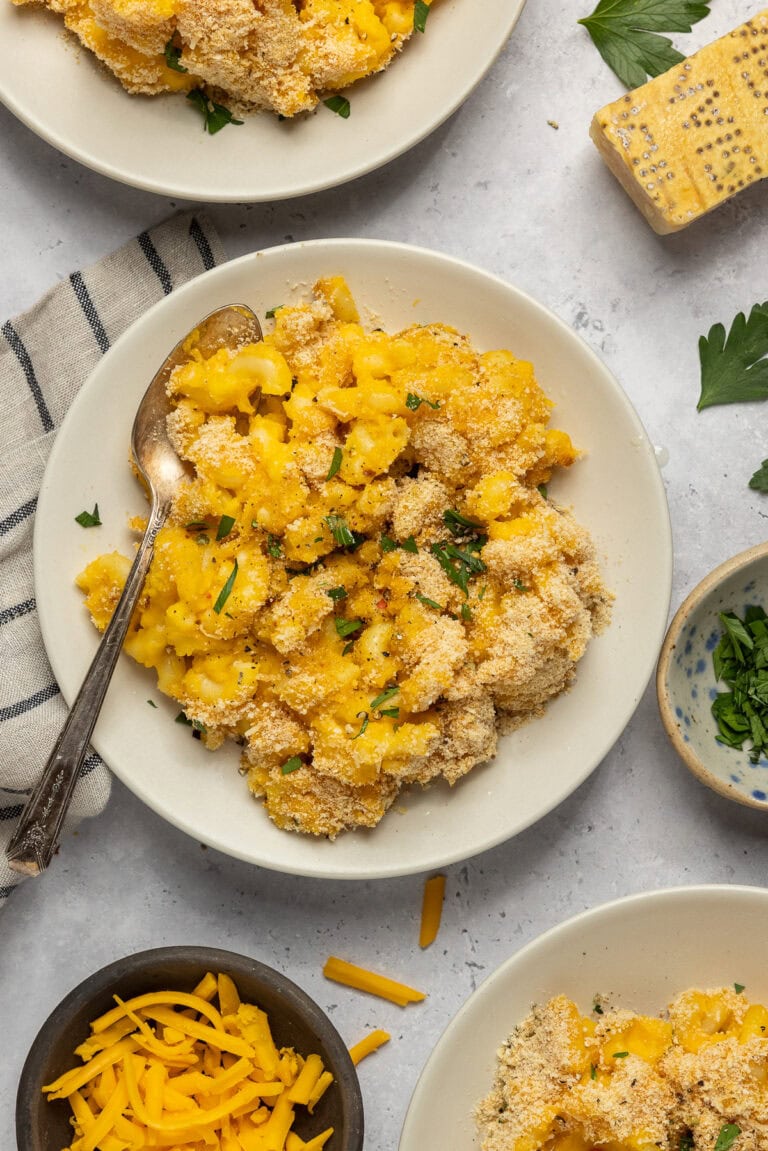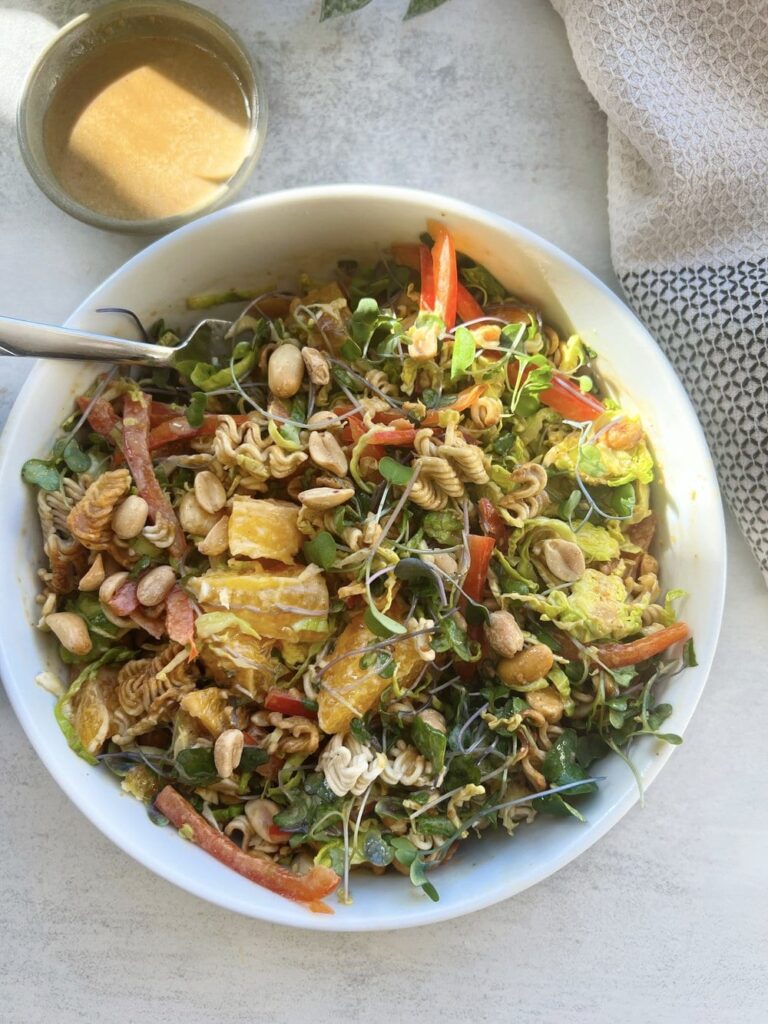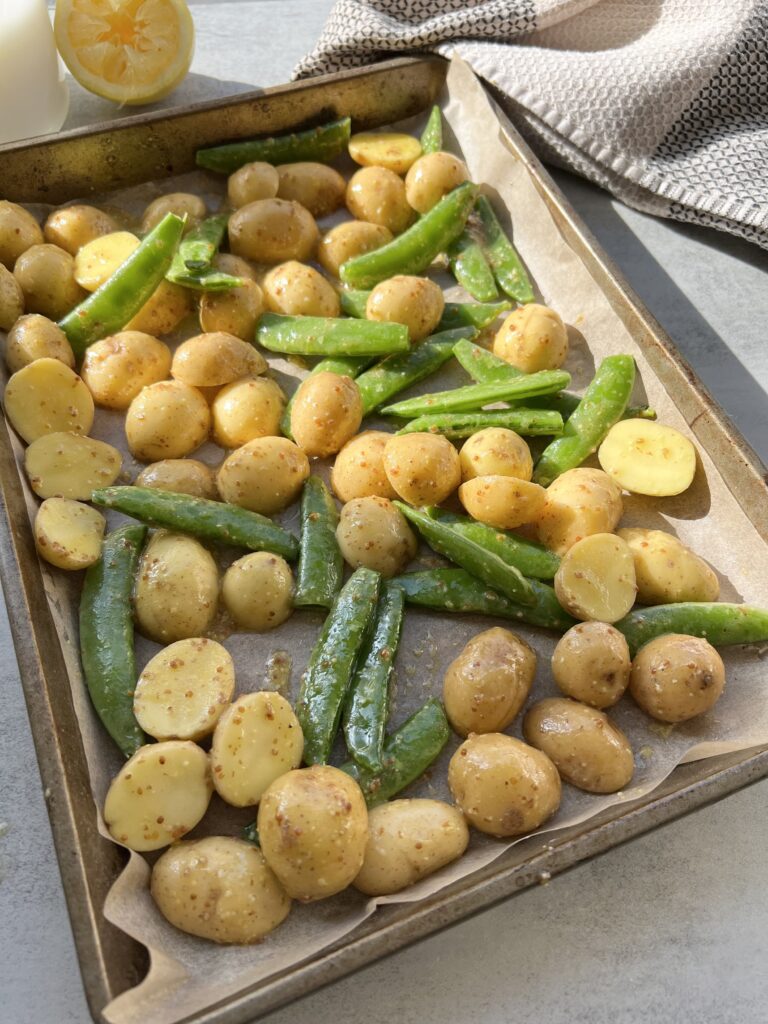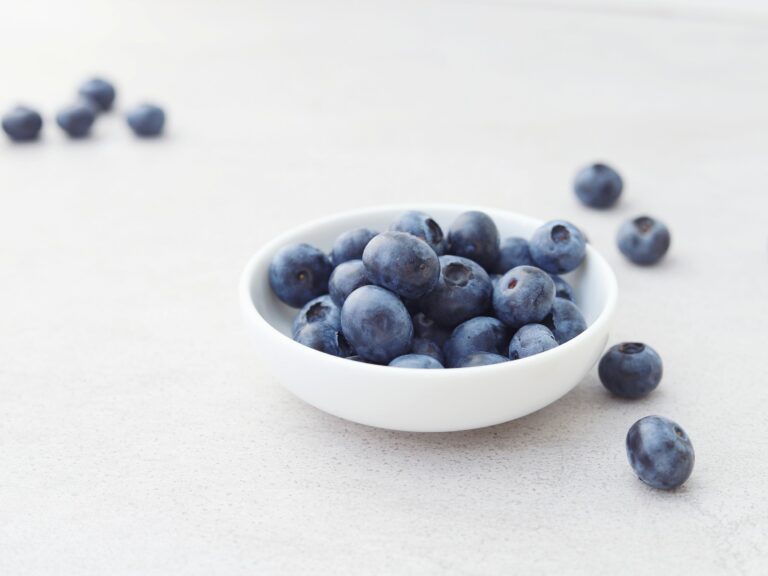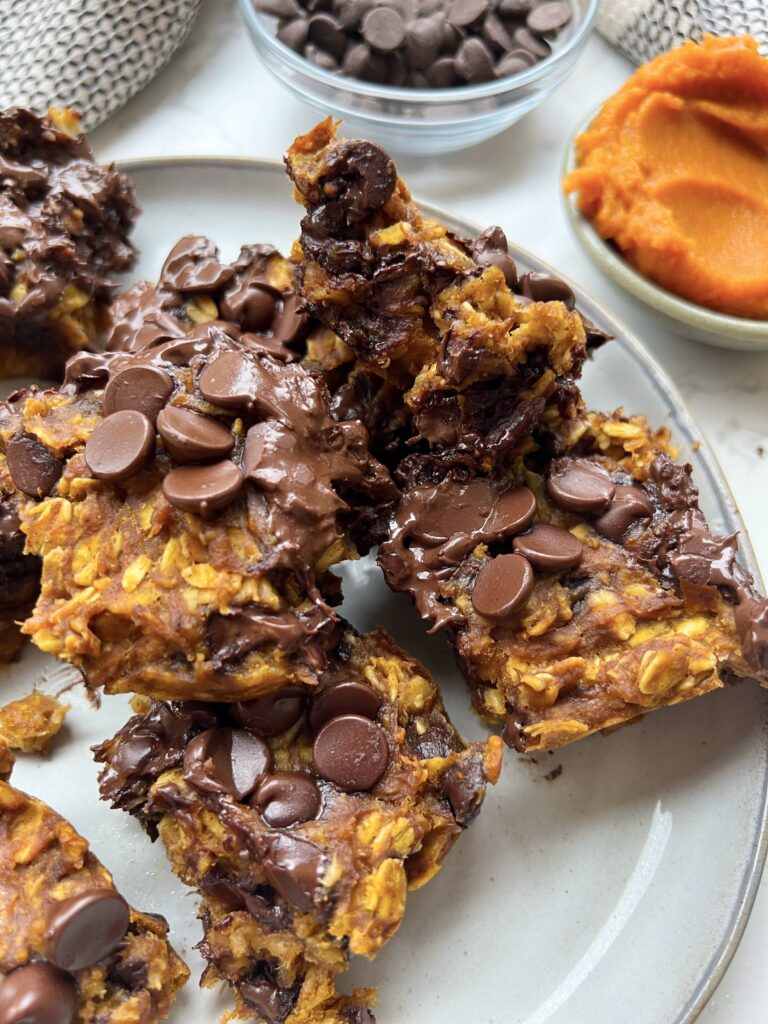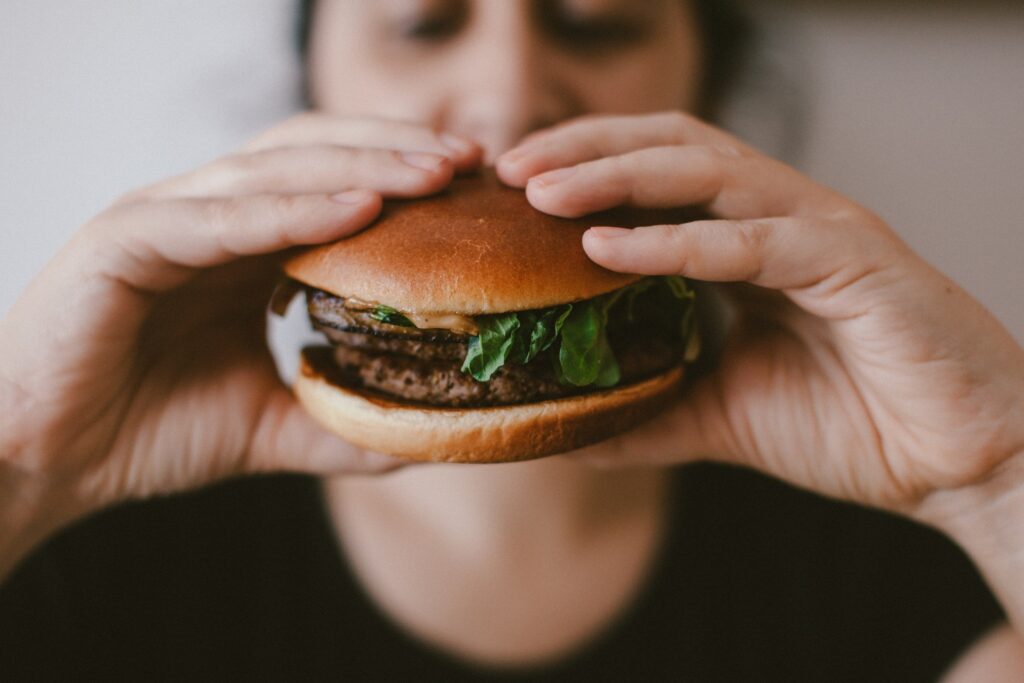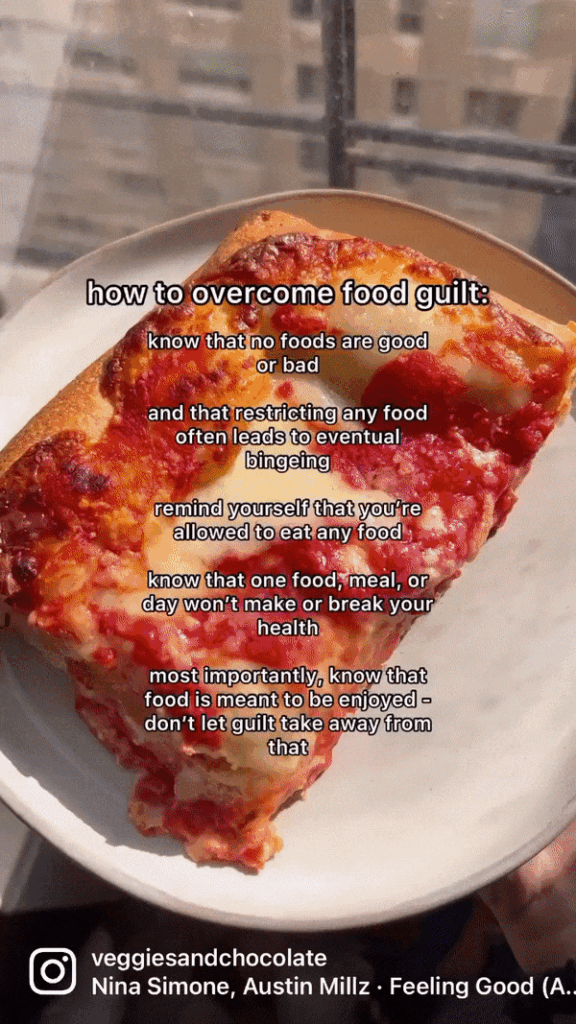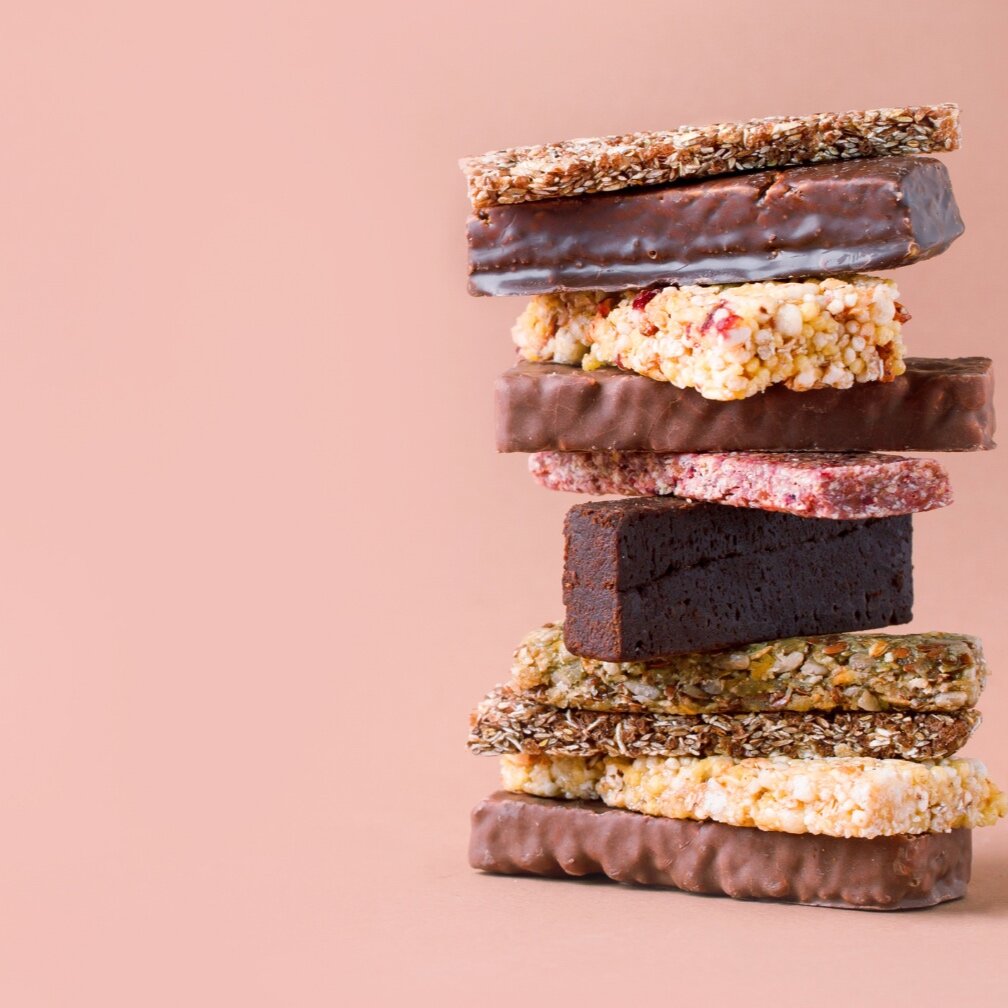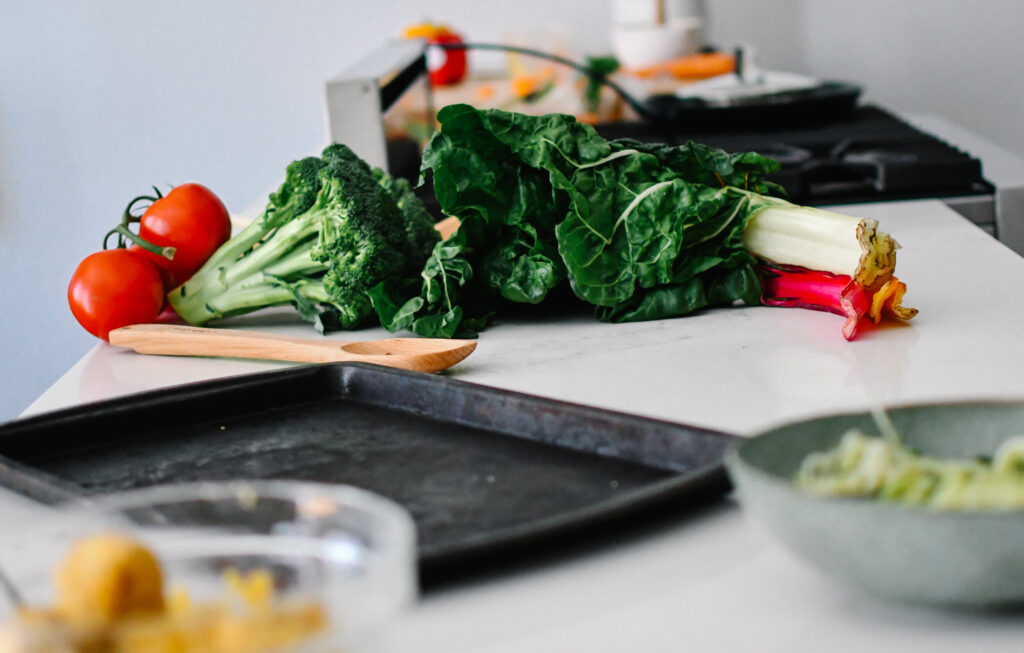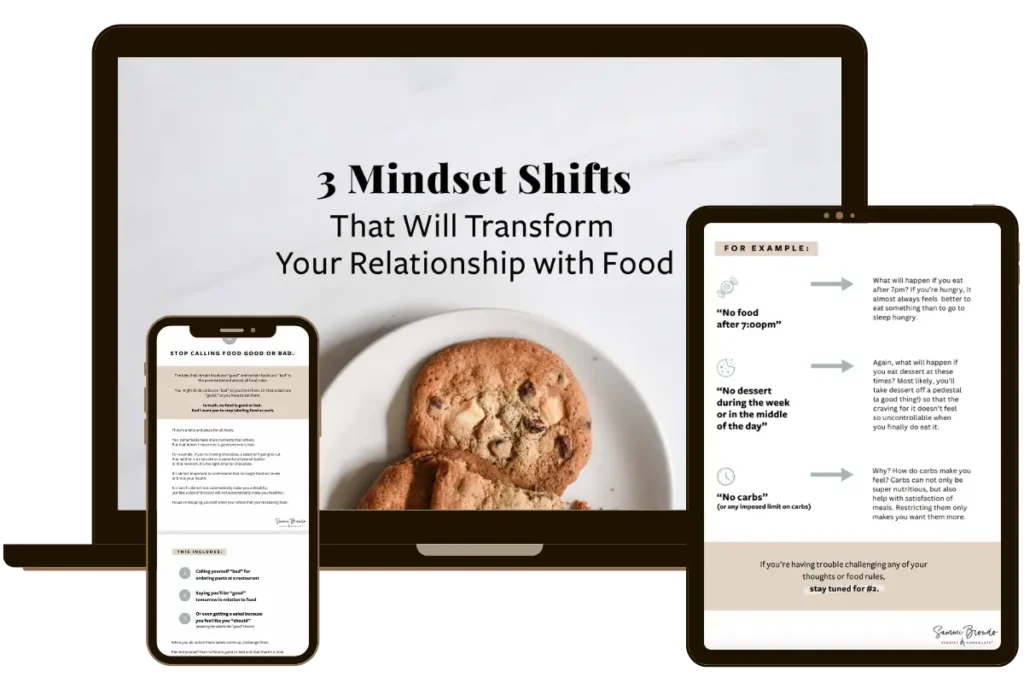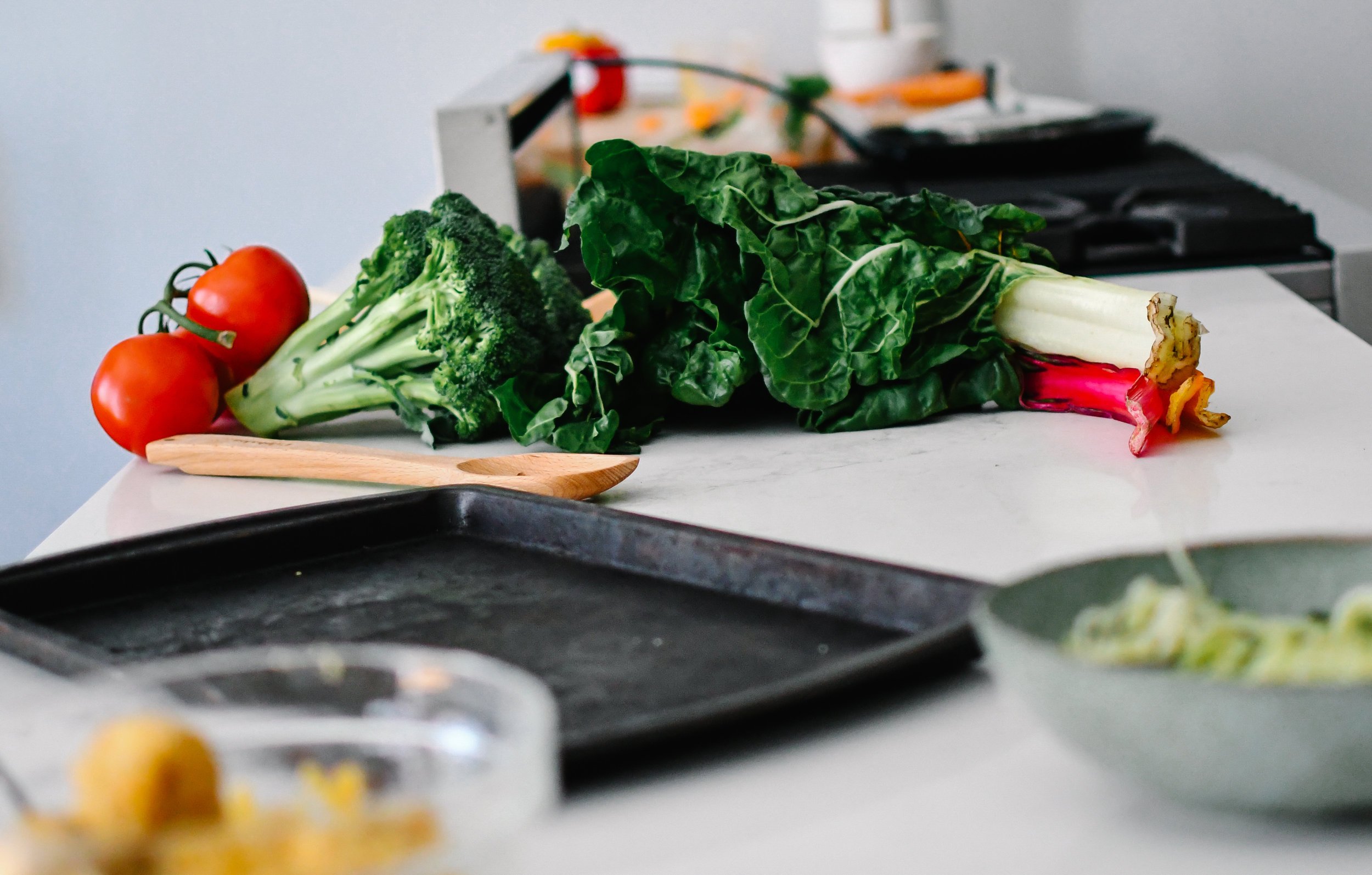
Which veggies are superfoods? Are there some that have too much sugar? Let’s dive in.
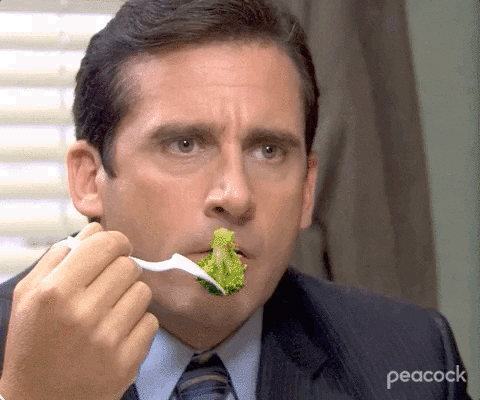
I’m sure you’ve heard some iterations of the above before.
I’ve seen it all over. Certain veggies are superfoods and should be eaten every day. Some veggies are devoid of any nutrients and should be totally avoided. Make sure to only eat fresh vegetables. And watch out for veggies with too much sugar!
Spoiler: no veggie is “bad” and no veggie is the best to eat.
Different vegetables have different nutrients, usually based on their color. Green vegetables are often rich in vitamin C. Dark green, leafy vegetables are full of vitamin K and iron. Red, yellow, and orange veggies typically have plenty of vitamin A. Even mushrooms – a (gasp!) brown veggie – are the only food that naturally contain vitamin D.
All vegetables have something different to offer. They’re full of vitamins, minerals, fiber and even water. Something like iceberg lettuce – which admittedly, does not have as many nutrients as a darker green lettuce – is a great hydrating veg that’s full of water.
So, nope, there’s no vegetable that’s best to eat. All vegetables are nutritious and offer their own specific benefits.
Let’s take a deeper look at some of the unsubstantiated claims about vegetables.
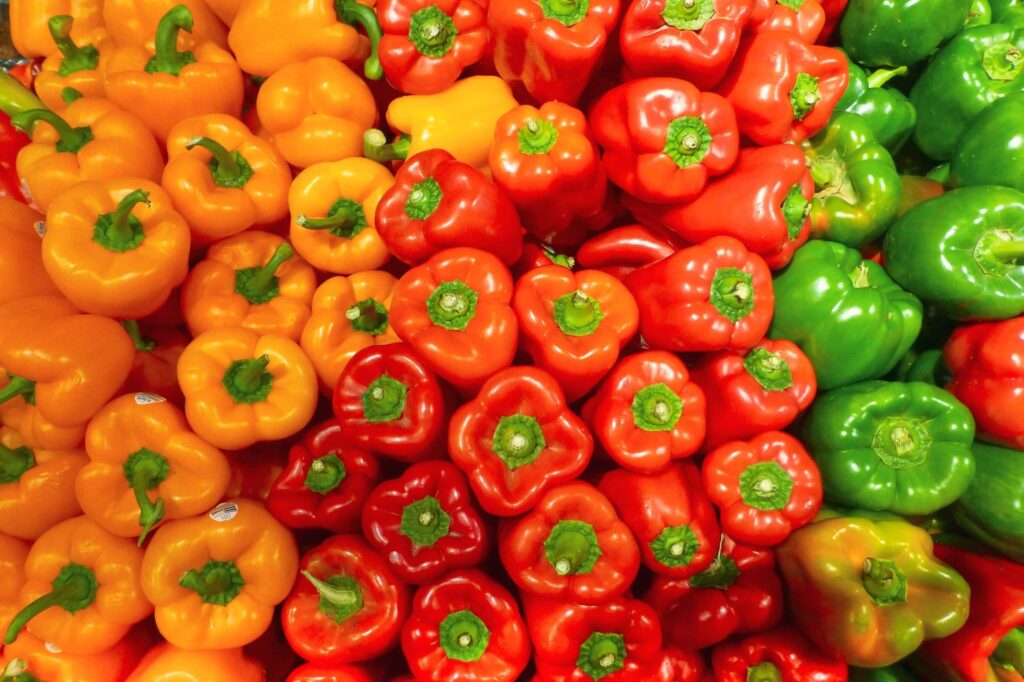
Superfoods
The term “superfood” is a made up marketing term.
I hate to burst that bubble, but it’s true.
Yes, some foods – and vegetables – have more nutrients than others. But, as a completely ambiguous term, there’s really no way to define what makes a food “super” or not.
It’s just a marketing scheme that often comes with some kind of clickbait.
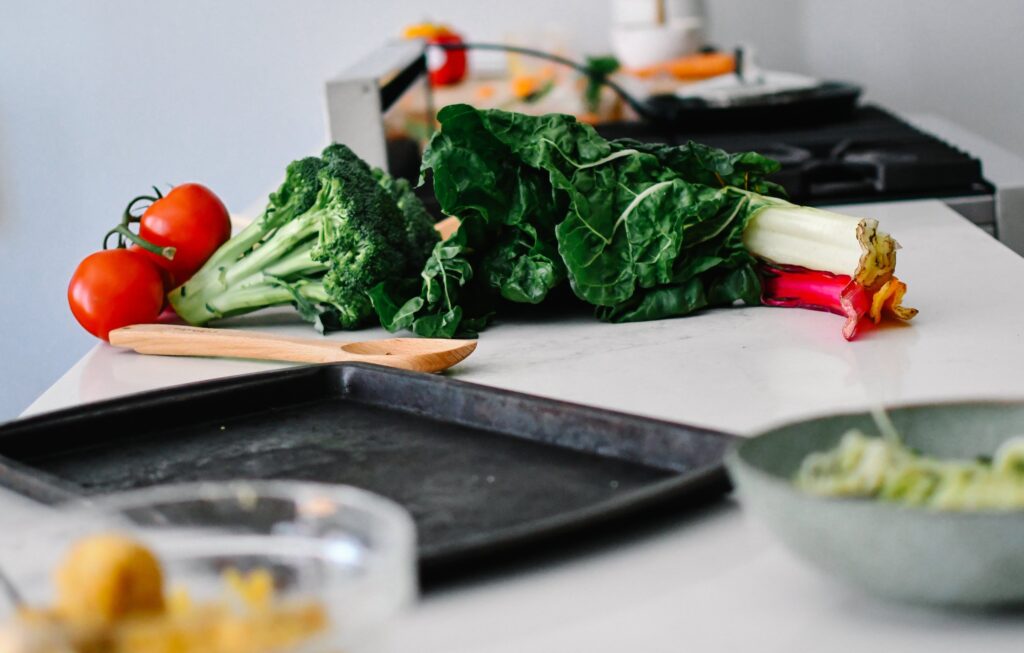
Sugar
Like fruit, vegetables contain natural sugar.
Vegetables are one of the most “natural” (an unregulated/meaningless term) foods there are. In their whole form, nothing is changed about them or added to them – including sugar.
The natural sugar in some vegetables is absolutely nothing to think twice about.
Veggies are full of different nutrients and they have a pretty minimal amount of sugar. The benefits of eating veggies completely outweigh the minuscule amounts of natural sugar in them.
And besides, a little sugar really isn’t something to be too concerned about.
Fresh vs. frozen
Frozen food – including frozen vegetables – are often just as nutritious as their fresh counterparts.
Not only that, but they’re also picked and packaged at their peak, meaning that often, they’re cheaper, taste better and last longer.
If you think about something like Brussels sprouts that are in season during the colder months. If you brought them in the summer, they’d be pretty expensive and probably wouldn’t even taste as good as usual, as a result of being transported from farther away.
This is a great time to try frozen veggies instead.
On a similar note, canned veggies are also just as nutritious as fresh. They may vary slightly in terms of nutrient composition, but there’s nothing “bad” about them.
Instead of letting that fresh broccoli go bad in your fridge (hey, we’ve all been there!), try buying frozen broccoli. It’ll last for months and will cost a fraction of the price.
Tip: to make frozen or canned veggies taste better, try roasting them with oil, salt, pepper and spices just like you’d do with fresh ones.
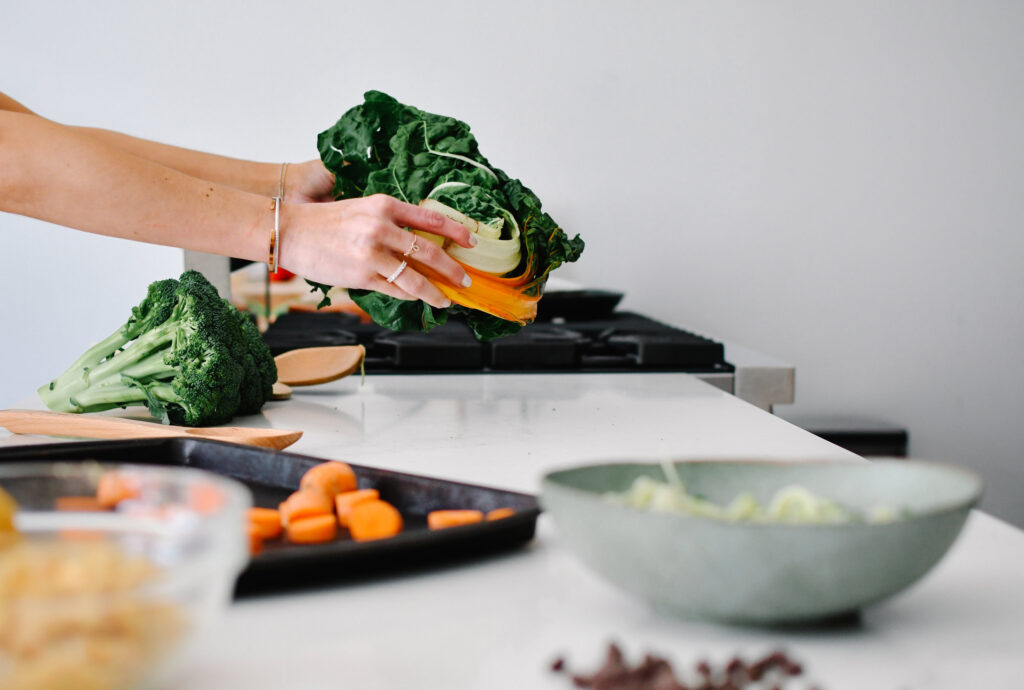
The bottom line
All veggies are good veggies. As a food group, vegetables are one of the most nutritious and beneficial foods you can eat.
There’s no vegetable that’s bad, that must be limited or must be avoided. Unless you’re on a blood thinner and have to avoid high amounts of vitamin K (which contains a clotting factor), no negative consequences will occur from eating too much kale.
And, as a dietitian, I’d encourage you to eat any vegetables that you like in any way you can.
If you only like iceberg lettuce, enjoy that – don’t force yourself to eat spinach if you hate it.
If escalating grocery prices are making fresh veggies hard to afford, get some frozen ones.
Eating veggies offer so many different benefits. And there’s no vegetable or benefit that’s superior to another.
Aim to eat a variety of colors and mix it up a bit when you can and you’ll be doing just fine.

